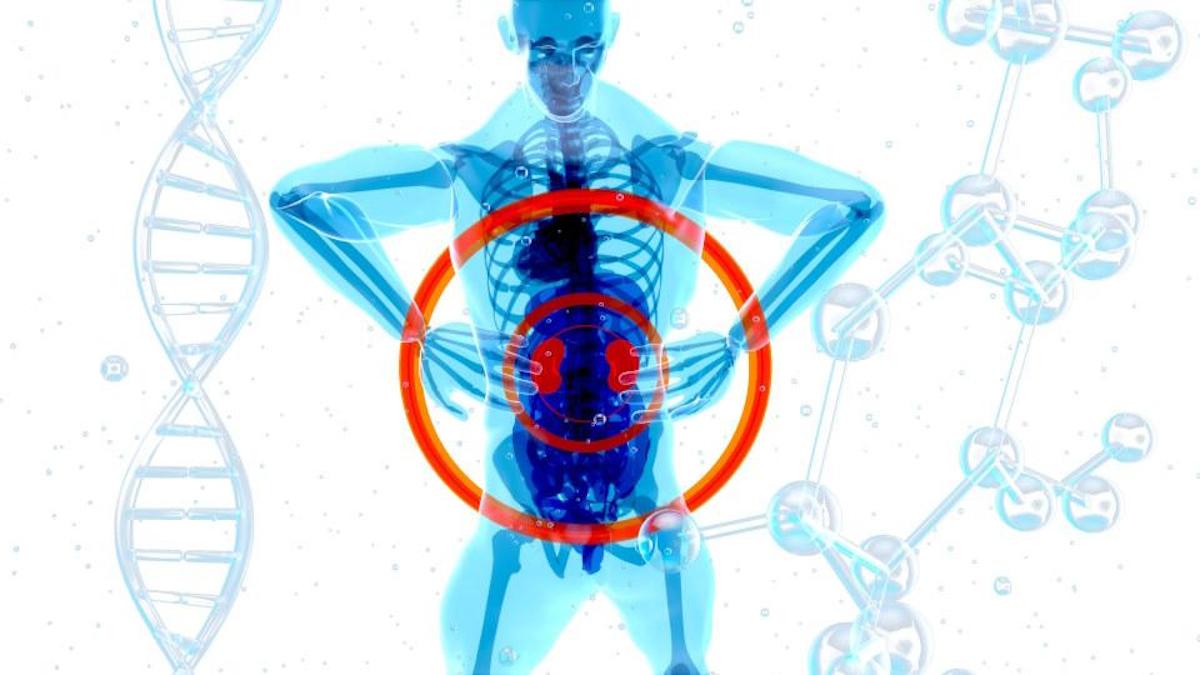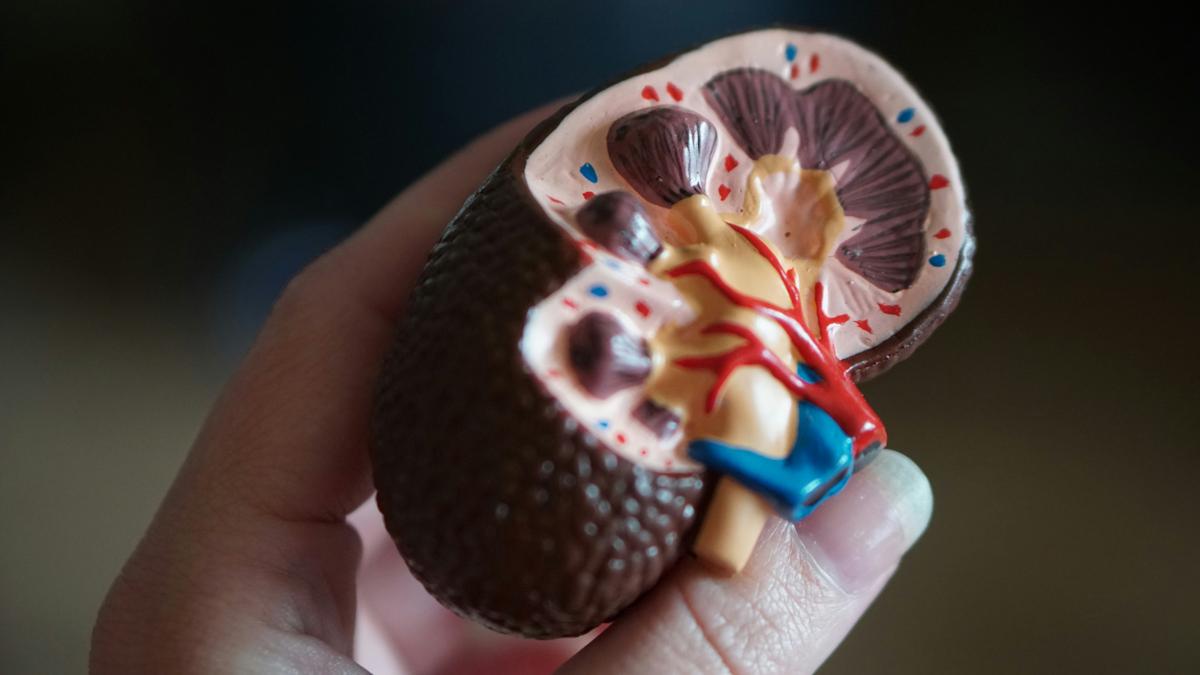Novartis eyes year-end filing in US for Fabhalta in C3G

Novartis is cueing up a new indication in the US for its oral therapy for complement-mediated diseases – Fabhalta – after reporting new data with the drug in ultra-rare kidney disease C3 glomerulopathy (C3G).
Updated results from the APPEAR-C3G trial – reported at the American Society of Nephrology (ASN) Kidney Week congress in San Diego over the weekend – showed that Fabhalta (iptacopan) was able to achieve a sustained and significant reduction in biomarkers of kidney damage over 12 months.
C3G generally affects adolescents and young adults and can lead to kidney failure and the need for a transplant in around half of all patients within 10 years, with the disease in some cases continuing to attack the donated organ. It currently has no approved treatments.
In APPEAR-C3G, Novartis' targeted factor B inhibitor, given on top of standard care, resulted in a "clinically meaningful" reduction in protein in the urine (proteinuria), a marker for kidney damage, out to the 12-month timepoint.
An earlier readout from the trial revealed a 35% reduction compared to placebo at six months, the trial's primary endpoint, which was sustained at a 37% difference after a year, according to the ASN presentation.
The separation between placebo and Fabhalta was seen as early as 14 days after treatment started, according to trial co-investigator Carla Nester of the University of Iowa. She also noted an improvement in the estimated glomerular filtration rate (eGFR) slope with the drug in the six-month, open-label extension phase of the trial, compared to patients' historic rapid decline.
"As a clinician treating young people living with C3G, I see firsthand the challenges with therapies used to treat this condition today, underscoring the vital need for dedicated treatment for these patients," she said.
"As the only oral complement inhibitor intended to treat C3G, Fabhalta could provide new hope for people living with this condition," she added.
Novartis said it remains on course to file for FDA approval of Fabhalta in C3G by the end of 2024 and has already submitted dossiers for the drug in the EU, China, and Japan.
If approved, it will be the third indication for Fabhalta, which has already been cleared in the US and other countries as a treatment for primary immunoglobulin A nephropathy (IgAN) and paroxysmal nocturnal haemoglobinuria (PNH).
It offers an oral alternative to injectable complement-targeting drugs for PNH and IgAN like AstraZeneca/Alexion's complement C5 inhibitors Soliris (eculizumab) and Ultomiris (ravulizumab) and Apellis' C3 inhibitor Empaveli (pegcetacoplan).
C3G is estimated to affect around one person per million in the US, a small patient population, but is one of a series of indications that Novartis thinks could collectively drive Fabhalta sales north of $3 billion. For comparison, PNH and IgAN affect around 10-20 and 25 people per million, respectively.
Sales of Fabhalta were $22 million in the second quarter, with what Novartis has called "encouraging early launch indicators."
Other companies have also been trying to bring therapies to market for C3G, including Amgen, whose oral C5 inhibitor Tavneos (avacopan) was in mid-stage clinical testing for the disorder, although that indication no longer features in its pipeline listing.
Apellis reported positive phase 3 results with Empaveli in C3G at Kidney Week - including a 67% reduction in proteinuria at six months compared to placebo in the VALIANT trial - while Omeros Corp was recently granted rare paediatric disease status for its antibody-based MASP-3 inhibitor zaltenibart, which is due to start phase 3 testing next year.












